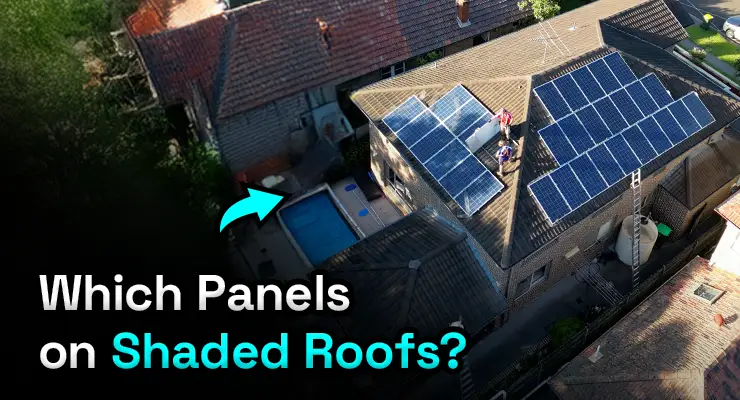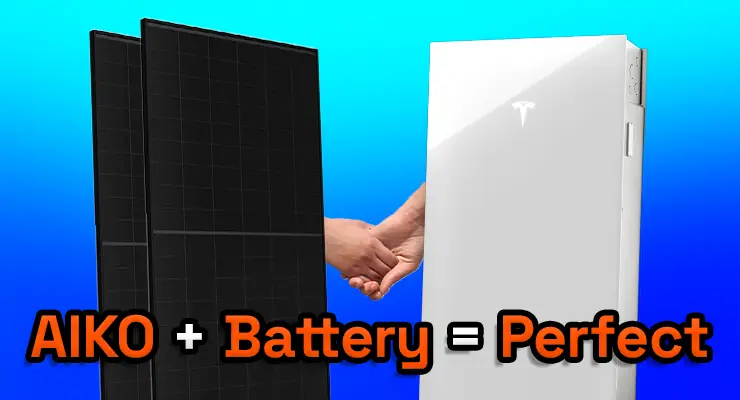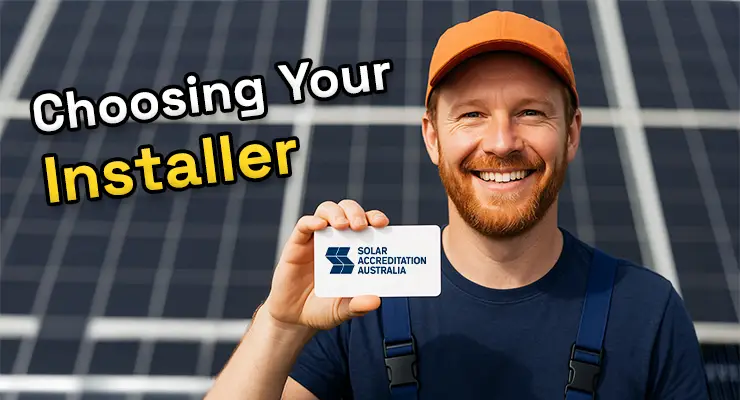Fast read
Social networking may be a helpful tool for new customers to learn about solar and batteries. This way, they can become informed about available products and services.
In addition, local businesses can utilise social media platforms to provide information about new products and promotions, respond to consumer questions, and provide educational resources on solar energy's benefits.
On the other hand, social media can trick, misinform and straight scam customers. Also often used by cheap, poor-quality solar companies to win business via cheap pricing advertisements, often combined with a famous person recommending the company.
We say we use social media to find a reputable local supplier but then research them face to face. Working with a knowledgeable local supplier or installer who can provide comprehensive information is essential for customers when thinking about purchasing solar, batteries, or other renewable energy solutions.
Are there benefits of using social media to buy solar and batteries?
In many sectors, including the solar & battery sector, social networks have emerged as a crucial commercial tool to reach customers.
The popularity of several social media platforms like Instagram and Facebook by the majority of the population daily creates a perfect opportunity for solar companies to access a key audience that you do not have access to with traditional media, including print, radio and mailing lists.
Businesses in the solar sector may engage with new clients, advertise their goods and services, and offer helpful advice and assistance by using social media successfully. So why should one be careful solely using social media advertising when buying solar?

Advantages
The customer can learn about solar and batteries
Some local companies can raise awareness of their goods and services and make it simpler for potential customers to learn more about solar and batteries by posting updates, responding to customer enquiries, and offering instructional content about the advantages of renewable energy. In addition, posts can be used to educate clients and answer questions. So in this instance- social media can be positive.
Getting your questions answered
Customers can post questions via social media, and companies can respond to these queries. By responding to customer questions on social media, companies can promptly show they are knowledgeable and willing to help their customers. This can help to build trust and improve the customer experience.
Learn about new products and promotions
Customers may stay informed and become interested in a company’s goods and services via social media posts and updates. This can be about new products and specific promotions.
For instance, a solar provider could broadcast a special deal on installation services on Facebook or Twitter to promote the debut of a new solar panel power class – which is much more efficient than the previous model.
Customer support is only a fingertip away
Customer service can be provided through social media, including after-sales service enquiries. Increased customer satisfaction and trust can result from this, which means you, the customer, can find an excellent great local provider.
Additionally, social media platforms, such as Google Reviews, can be used by customers to give feedback and reviews.
But social media can be a double-sided sword because particular customers might get bombarded with social media advertising on a specific product simply because they made one innocent general enquiry a while down the track.

Disadvantages
Small, great local companies can be poor marketers
Some local suppliers focus all their efforts on providing excellent reliable service. This means they do not have time to engage in sophisticated Facebook or TikTok campaigns. So just because someone is not featured daily in some digital feed does not mean they can not do an excellent job.
Especially in solar, the cheap and nasty mass solar sales companies dominate Facebook, with the key message being the price.
When you see an advertisement that aims to lure you with a cheap price as the hook, our advice does not fall for it. Unfortunately, you will have a substandard installation and questionable products in too many cases. So in such instances, social media is used to dupe the solar customer.
It can be full of untruths and is only there to collect customer data
Sometimes social media is used to lie to you straight. The Australian solar rebate, for example, is available for any Australian or permanent resident who owns a home.
Often, social media is used to quiz whether you qualify for the solar rebate. Of course, the answer will always be yes- but this quiz requires divulging one’s name, phone number and email. With this information, the solar sales company will relentlessly chase the customer.
Wasting your time
Social media often does not discuss solar in detail. So one can spend considerable time scrolling through content only to learn minimally. Sometimes it is better to go through dedicated local installer websites or educational energy sites.
Invading your privacy
Some social media platforms have made an art form of collecting your data, and some of us do not even know how much they collect. Do they listen to our conversations and turn them into valuable marketing information? Sometimes one has to wonder because one minute, we speak about needing a holiday to a friend, and the next thing, holiday advertisements pop up.
Too much advertising – not enough content, makes one feel overwhelmed
Social media is relentless. It bombards us 24/7, leading, in some instances, even to an addiction. When in the middle of all this content, many similar-looking advertisements appear. After a while, it is difficult to differentiate between the budget crap solar and the quality solutions.
This is why we recommend not buying solar using social media, but rather in the early days of exploring solar and battery solutions. Then, when one is getting more serious, visit local installation companies’ websites and start exploring. Visiting their showroom or speaking to customers who had a system installed recently is also a great way to get to know more.



